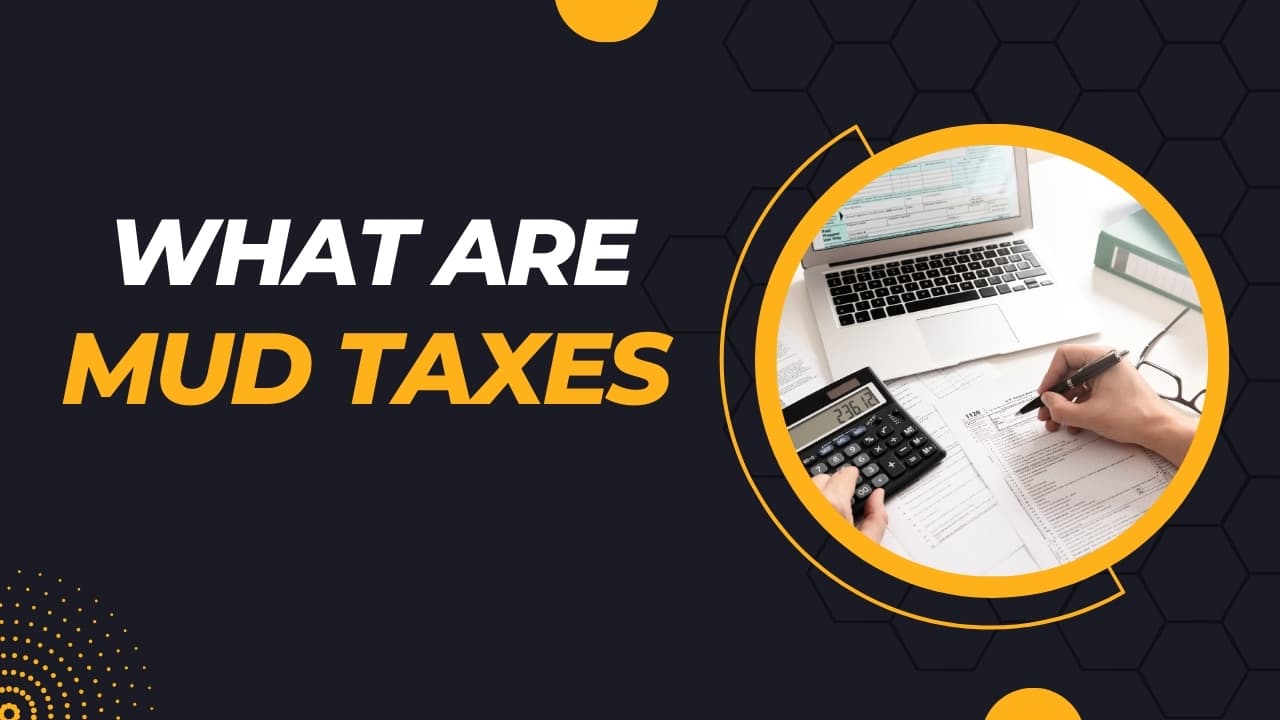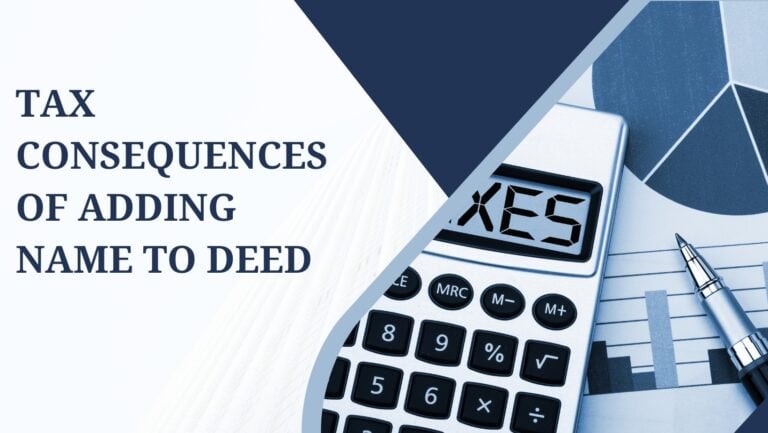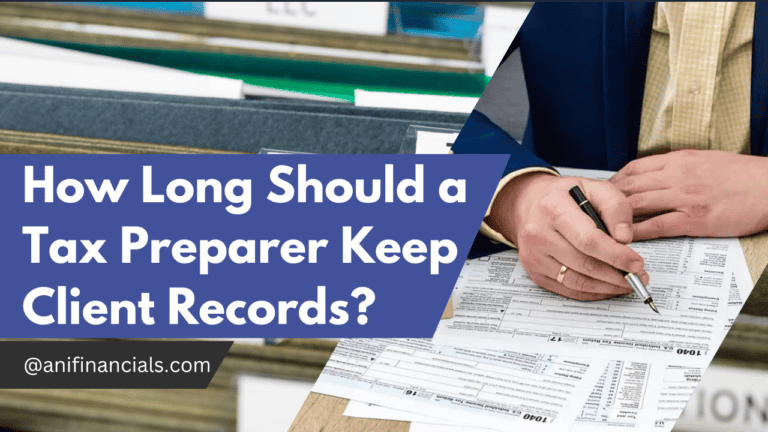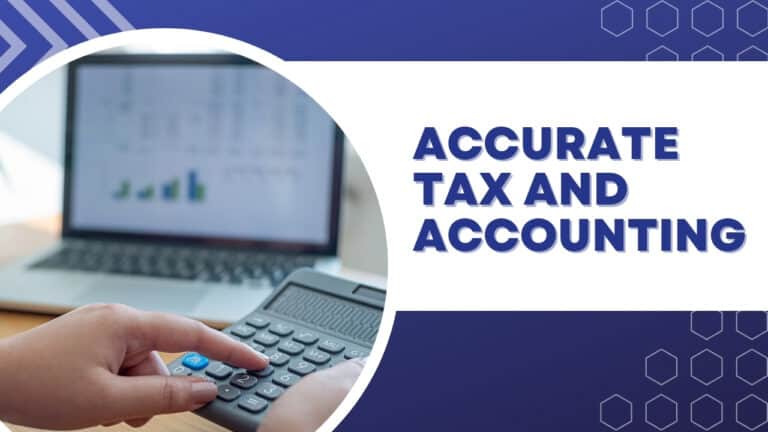MUD Tax Explained: How It Works and Why It Matters?
Welcome, dear reader! Today, we embark on an enlightening journey through mud taxes. Wait, mud? Like, the stuff you get on your boots after a rainy day? Not exactly, but you’re about to discover how this “mud” can impact property owners and what it means for you. So, buckle up, grab your favourite beverage, and let’s demystify this topic together, shall we?
What Exactly Are Mud Taxes?
Imagine living in a community where the infrastructure, such as water and sewage systems, parks, and roads, still needs to be developed to its full potential. Enter the concept of Municipal Utility Districts (MUDs). The state, such as the state of Texas, forms these special governmental entities to provide these essential services in areas where the city or county needs to do so.Now, how do these MUDs fund such ambitious projects? You guessed it—through mud taxes.
Mud taxes are property taxes levied on homeowners within a MUD. Their design aims to fund the construction, operation, and maintenance of the district’s infrastructure and services. Think of them as an essential component to building a thriving, well-equipped neighbourhood in your community.
How Do Mud Taxes Work?
To understand how mud taxes work, let’s break down the process:
- Creation of a MUD: First, property developers or a group of property owners petition to create a MUD. This requires approval from the state, which, in places like Texas, involves a series of regulatory hoops to ensure everything is up to snuff.
- Issuance of Bonds: The MUD issues bonds to finance the initial infrastructure projects once established.
- Levying of Taxes: The board members of the MUD, who property owners elect within the district, then determine the tax rate necessary to cover the bond repayment and ongoing service costs.
- Collection and Use of Funds: Property owners in the MUD are billed for mud taxes, usually as part of their annual property tax statement. These funds are then used to repay bonds, maintain infrastructure, and provide services.
The Impact on Property Owners
For property owners, mud taxes are a double-edged sword.
On the one hand, they facilitate the development and upkeep of essential services and infrastructure in areas that might otherwise go neglected. This can significantly enhance the quality of life and increase property values over time.
On the other hand, mud taxes can be a financial burden, adding to the existing obligation of county and city property taxes. A municipal utility district affects the overall tax liability of potential and current property owners.

Navigating Mud Taxes: Tips and Strategies
Here are some strategies to help you navigate the world of mud taxes if you own property in a MUD:
- Research Before Buying: Understand if your property is in a MUD and the current and future tax rates.
- Budget Wisely: Incorporate mud taxes into your annual budget to avoid surprises.
- Stay Informed: Attend MUD board meetings to stay updated on decisions that affect tax rates and services.
- Engage in Your Community: Voting in MUD elections and participating in community discussions can help you influence the management of your district and the utilization of taxes.
Why Mud Taxes Matter
At this point, you might wonder, “Why should I care about mud taxes?” Property owners need to understand mud taxes beyond the financial implications. Investing in your community fosters growth, sustainability, and quality living conditions.
How We Can Help
Navigating the complexities of mud taxes can be a collaborative journey. Whether you’re grappling with understanding how these taxes impact your property’s value or looking for strategies to manage your tax liability, our team is here to guide you. From deciphering tax statements to advocating on your behalf in MUD meetings, consider us your ally in municipal utility districts and beyond.
Wrapping Up
And there you have it—a comprehensive dive into what are mud taxes, how they work, and why they’re a pivotal aspect of property ownership within Municipal Utility Districts. By now, you should have a clearer picture of how these taxes contribute to developing and maintaining essential community services and strategies to manage their impact on your finances.
Remember, being informed and proactive is key to navigating the world of mud taxes effectively. Engaging with your community and staying informed about the decisions that affect your area can empower you as a property owner. It’s not just about paying taxes; it’s also about understanding how to use those funds to enhance the infrastructure and services of your community, thereby improving your quality of life and potentially increasing the value of your property.






